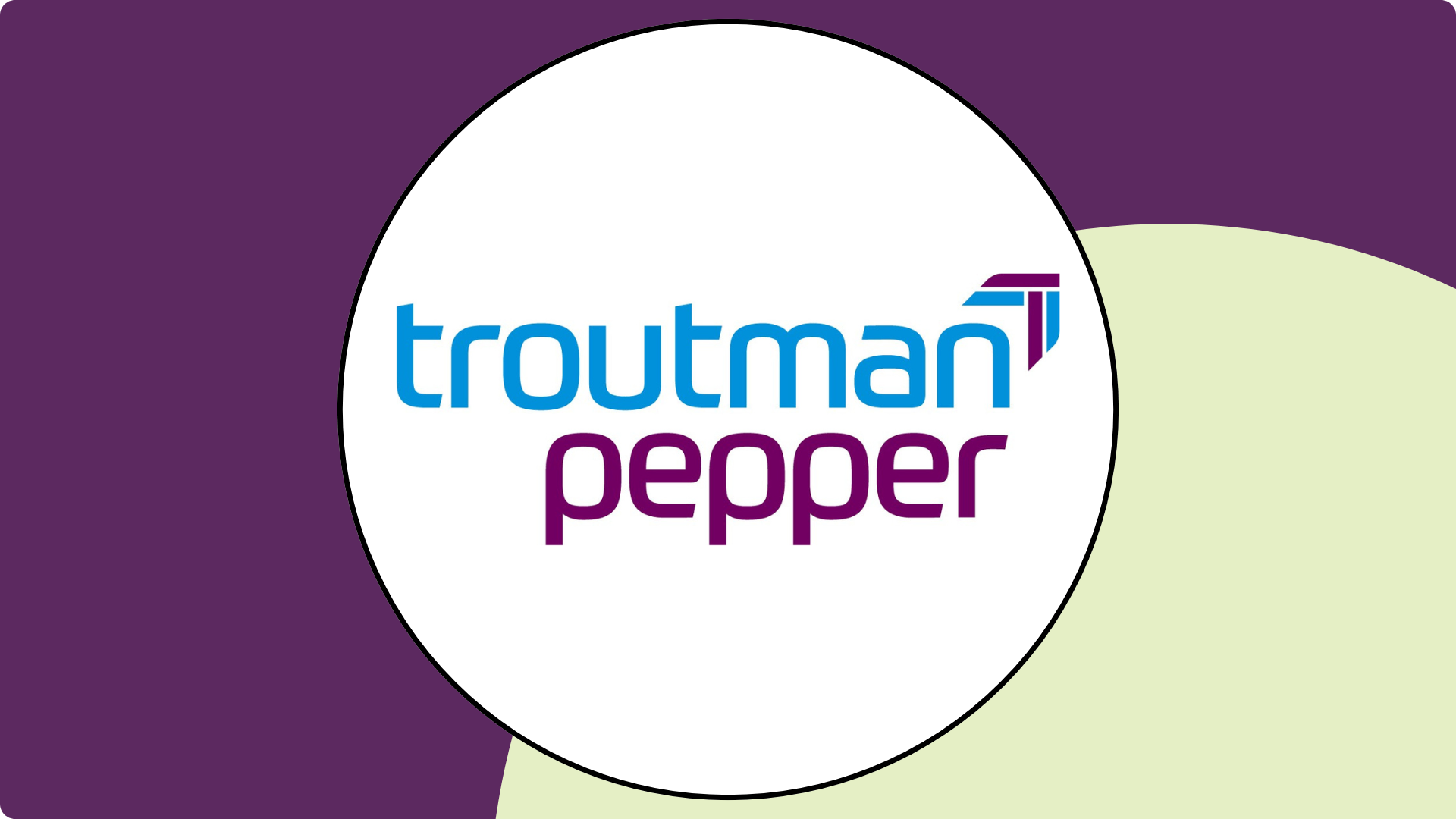State Excise Tax Considerations for Tobacco and Nicotine Manufacturers, Distributors and Retailers
A couple of years ago we posted an overview of state licensing and excise tax considerations for tobacco companies. In this post, we take a closer look at state excise tax considerations. When approaching state excise tax issues, it may be helpful to establish a checklist to help manufacturers, distributors, and retailers determine the impact of these laws on their products and distribution models.
Is My Product Covered?
There are a wide variety of state excise tax regimes for tobacco products. These laws cover the full gamut of tobacco product types, including traditional tobacco products like cigarettes, cigars, roll-your-own tobacco, pipe tobacco, smokeless tobacco, and hookah tobacco, as well as newer types of nicotine products, such as vapor products (or ENDS) and modern oral nicotine pouches.
When determining whether state excise taxes apply, companies must closely consider product definitions in the laws and regulations in the states in which their products will be sold or shipped. Companies should consider whether their products are expressly listed in state statutes or regulations; whether their products could be covered by a catch-all phrase such as a product made from tobacco, containing nicotine, or containing a tobacco substitute; for vapor products, whether the state taxes both the device and any consumable material within the device or just the consumable material; and whether a state excise tax on vapor products includes those that use non-tobacco derived nicotine.
The need to perform careful analysis is particularly important when dealing with novel products. Consider, for example, nicotine pouches. Might some states’ laws treat them as smokeless tobacco or a tobacco substitute?
In some cases, state laws, regulations, or case law clearly express whether a company’s products are covered. In other cases, companies may need to make a judgment call or may find it advisable to contact state tax authorities to obtain the regulators’ position as to whether and to what extent their products are subject to excise taxes.
How is the Excise Tax Calculated?
Most states impose excise taxes on individual cigarettes, but with respect to other tobacco and nicotine products, excise tax bases vary. Excise taxes might be imposed by unit, calculated by the product’s weight or volume, or based on the value of the product (known as an “ad valorem” tax). Within ad valorem taxes, there are a variety of values that might be used, including the wholesale cost or price, the manufacturer’s list price or invoice price, or the retail sales price, among others.
It is important to clearly understand the base upon which excise taxes are due when establishing or updating any tax determination compliance system to ensure that excise taxes are properly collected and remitted, where required.
Discounts for Modified Risk Tobacco Products (MRTPs)?
Some states provide excise tax savings for those products that receive authorization from the Food and Drug Administration (“FDA”) to market their products as less harmful than traditional tobacco products like cigarettes. These are known as modified risk tobacco products or MRTPs. Obtaining a modified risk order from FDA is an expensive prospect and requires extensive studies and evidence. To date, very few companies have received orders to market such products. The types of products that have received authorization include certain modern oral nicotine products, heat-not-burn products, smokeless tobacco products, and low-nicotine cigarettes.
Who Pays the Excise Tax?
States differ with respect to who pays the excise tax. Most states require excise tax payment at the distributor/wholesaler level, but definitions of these terms can vary and cover other types of businesses, such as manufacturers producing or shipping products in the state and retailers making delivery sales to consumers in the state. Companies must closely analyze these requirements by state and ensure they understand key definitions.
Some states may also require that the amount of the excise tax be passed along to the consumer through an addition to the sales price.
Evidence of Tax Payment?
Many (but not all) states require cigarettes to be stamped to demonstrate that the excise taxes were paid. For other tobacco and nicotine products, states may require specific language showing the tax was paid on receipts or specific labels indicating that the excise taxes were paid.
When is the Tax Paid?
States that require cigarettes to be stamped typically require taxpayers to obtain licenses, purchase tax stamps from state tax authorities, and affix those stamps to packs of cigarettes upon receipt or prior to shipment to a customer. For other tobacco products, states typically require taxpayers to obtain licenses and submit monthly reports and tax returns accompanied by excise tax payments.
Best Practices
State excise taxes can be complicated but, with a basic understanding of the key issues described above and good practices, tobacco and nicotine manufacturers, distributors, and retailers can ensure they remain compliant. Below is a non-exhaustive a list of best practices.
- Identify specific employees within your organization to oversee compliance and analyze issues related to the above topics, including whether your company is required to pay excise taxes on your specific products, whether your company is appropriately handling tax-not-paid products, and/or whether it needs to obtain a license, as discussed in our prior post.
- Conduct due diligence on customers and service providers (e.g., logistics service providers, contract or common carriers, etc.) to ensure they are compliant with any requirements relevant to them.
- Establish good recordkeeping habits that include maintaining proof of compliance such as copies of any required applications, licenses, reports, returns, bills of lading, invoices. etc.
- Consider conducting periodic internal audits or regulatory reviews to determine whether your company is compliant with legal requirements in the states in which it sells and ships its products.
Written by: Agustin Rodriguez & Nick Ramos


